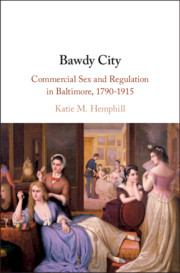Father Thomas Copley S.J. (d. 1652) was born in Madrid in 1595/6 to an exiled English Catholic family. He joined the Maryland mission in 1637 under the alias Philip Fisher. In 1645 in the midst of the English Civil War, Richard Ingle, captain of the Reformation and under the authority of a Parliamentary Letter of Marque, plundered Maryland. Ingle, who mostly pursued wealthy Catholics, brought to England under arrest the Jesuit priests Thomas Copley and Andrew White on charges related to the legislation, An Act Against Jesuits, Seminary Priests and Other Such Disobedient Persons (1585). This article examines the proceedings of the High Court of Admiralty and the High Court of Chancery that relate to Ingle’s Rebellion (1645-1646). In particular, it examines the methods employed by Fr. Copley not only to escape execution but also to pursue Richard Ingle for damages to property and person. It therefore delineates the intersections between national allegiance, civil rights, and confessional adherence in Catholic and non-Catholic imaginations in both England and her empire. Importantly, this case study illustrates how English Jesuits navigated and used an immature English imperial jurisprudence to their advantage.
